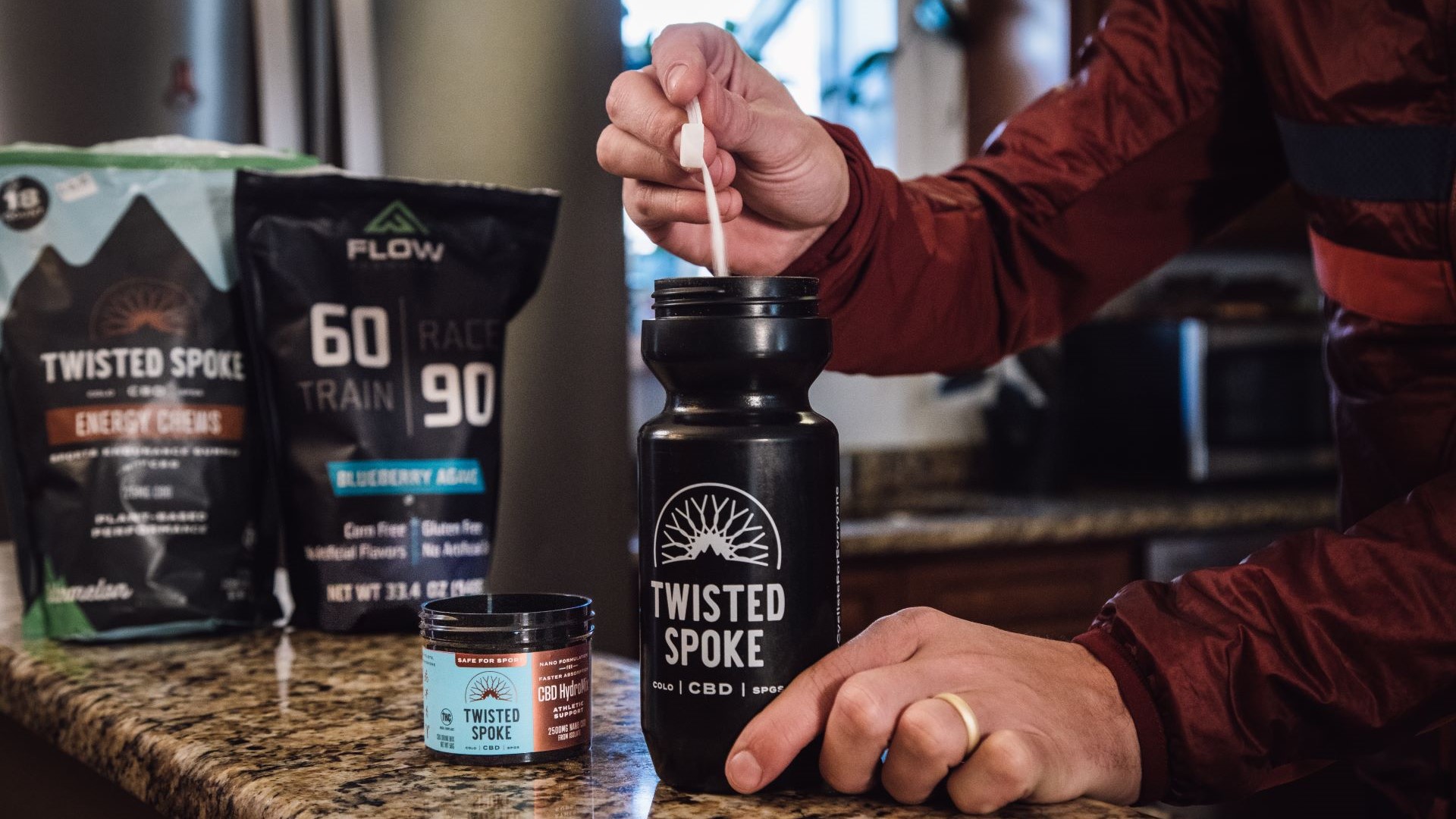
CBD products have become widely available in various outlets today, with grocery stores and health food stores prominently featuring them. For cyclists, options range from CBD-infused ride snacks to recovery beverages and even CBD chamois cream.
Derived from the marijuana plant, CBD is believed to provide relief from pain and anxiety, promote better sleep, and alleviate inflammation, according to the Journal of Cannabis Research. Some companies go as far as claiming substantial performance benefits, including increased Vo2 and reduced blood lactate levels.
But before you go all-in on the CBD trend, it's essential to understand what CBD is, its potential impact on on-the-bike performance, and what the World Anti-Doping Agency (WADA) has to say on the matter.
CDB versus THC - what is it and will it get me high?
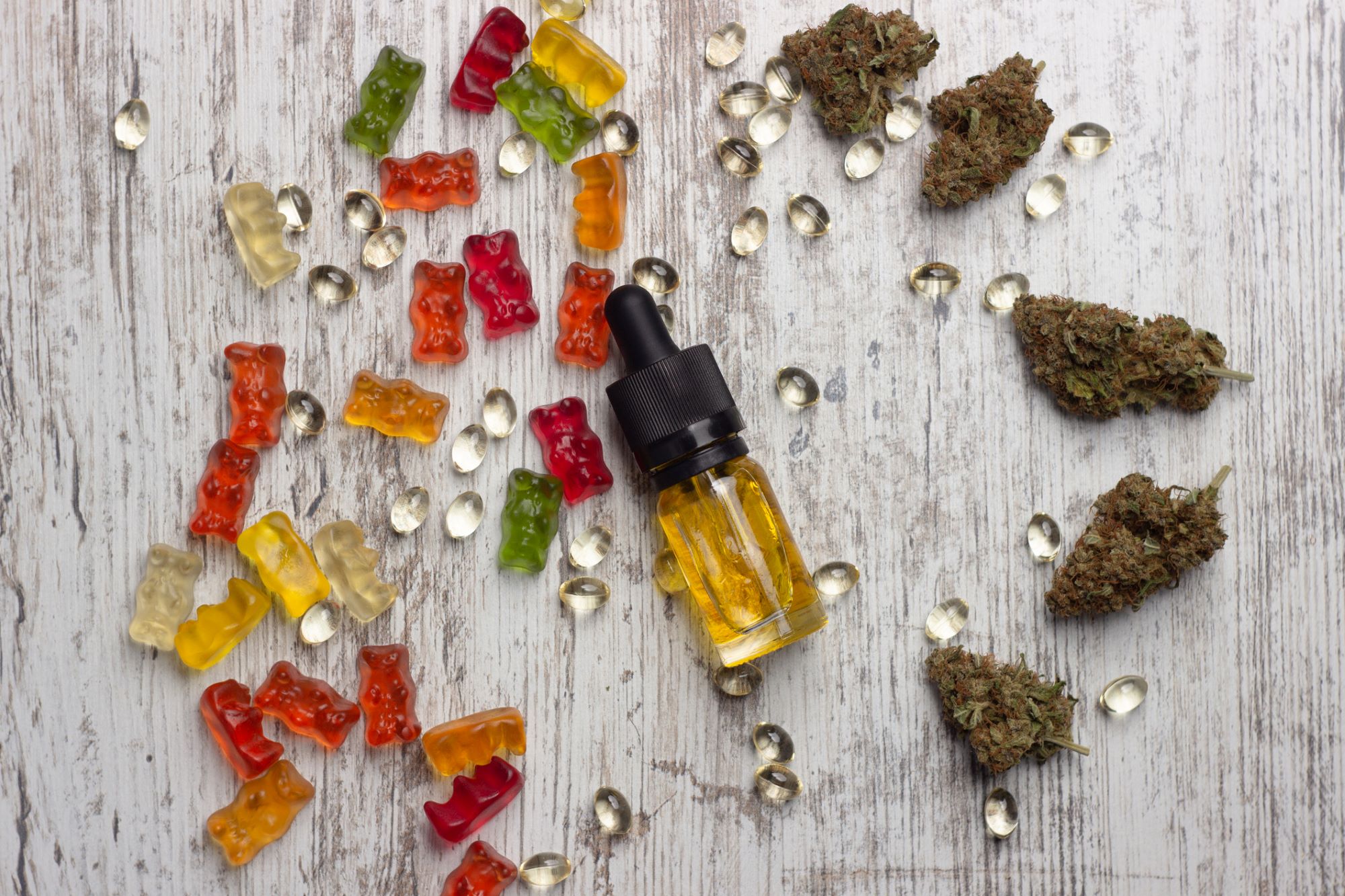
CBD or cannabidoil is one of the many compounds —cannabinoids— found in the hemp or marijuana plant. It’s an important component in the medical use of marijuana and it’s also an FDA approved drug. By itself, CBD does not produce the psychoactive effect or “high” associated with marijuana, that stems from THC (Tetrahydrocannabinol).
THC manifests in three prevalent forms: herbal, hash (or hashish), and hash oil. The herbal variant, crafted from dried cannabis leaves or buds, is the most popular, consumed through smoking or integration into foods and beverages.
In contrast, CBD, lacks psychoactive effects but is purported to offer diverse health benefits, including pain and anxiety relief, and it’s also used in Epidiolex, the first FDA-approved medication derived from a marijuana component, used in the treatment of epilepsy.
CBD is presented in various formats, such as oils, extracts, patches, vapes and topical lotions.
Is it legal?
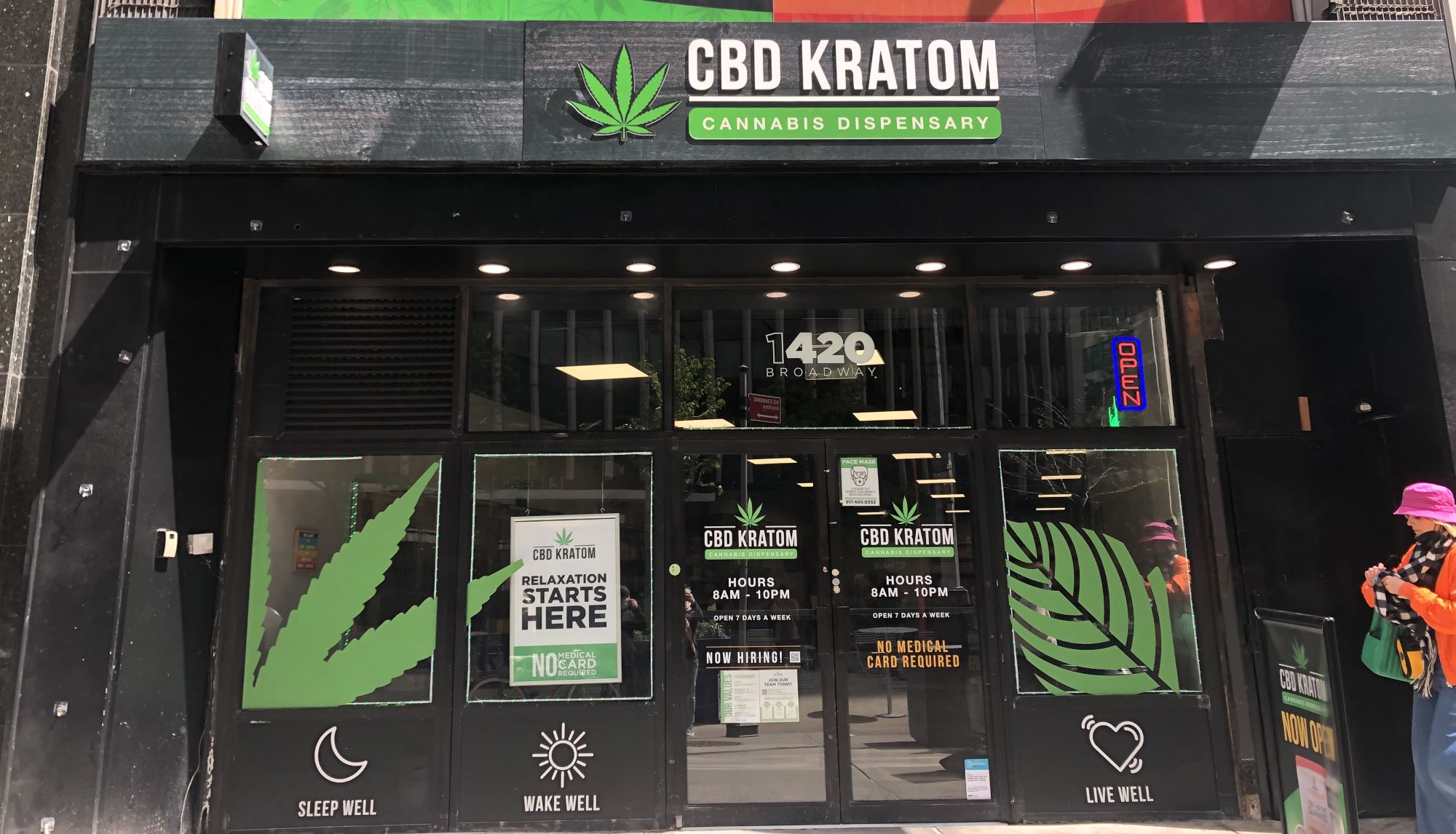
In North America, the United States, Canada and Mexico have all legalized CBD, though with specific regulations.
There are 18 U.S. states in which the sale and consumption of CBD and THC are fully legal for both medical and recreational use. Several others have legalized the medical use of marijuana products while Idaho, Nebraska, and South Dakota restrict even the medical use of CBD to products that have no traceable THC content whatsoever.
In Canada, CBD is categorized as a prescription drug and falls under the regulations of the Cannabis Act. CBD products are subject to a maximum THC content of 0.3%, and the hemp used must be of industrial grade. Meanwhile, Mexico permits the sale and consumption of CBD products containing less than 1% THC.
In the UK, CBD is legal provided the product contains no more than 1 mg of tetrahydrocannabinol (THC) per container.
Within Europe, only Albania and Serbia distinguish themselves as nations upholding a total prohibition on CBD products. The regulations in these countries categorize all cannabis derivatives, including CBD, as illicit substances.
In the Oceania region, Australia has also embraced CBD legalization but mandates a prescription for its acquisition. The Therapeutic Goods Administration has reclassified CBD, enabling pharmacists to sell low-dose CBD products without a prescription.
CBD in competition
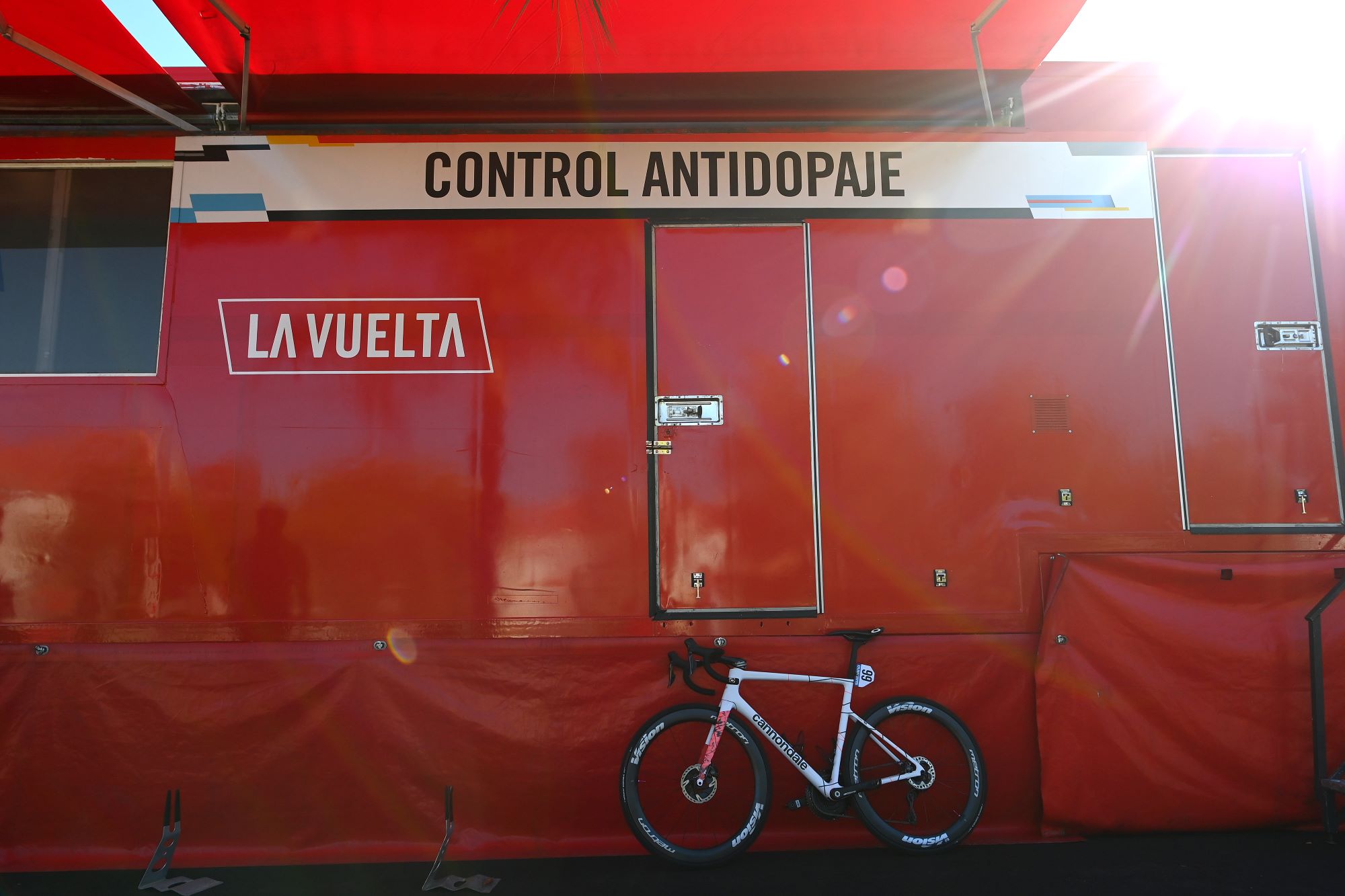
According to the World Anti Doping Agency (WADA), all synthetic and naturally occurring cannabinoids are prohibited in competition, except for CBD. An athlete does not require a Therapeutic Use Exemption (TUE) to use products containing CBD, but will need one for any other cannabinoid.
CBD-containing sports creams come in either a “Full Spectrum” or a THC-free version. The latter, as the same suggests, contains no THC whatsoever. Full Spectrum products contain multiple cannabis plant extracts, including essential oils, terpenes, and other cannabinoids like THC. This is only a trace amount of THC, however, and will not generate any psychoactive effects. But research indicates that full-spectrum products are more effective than CBD isolates in managing pain and inflammation.
WADA has set the THC limit at 150 ng/mL in urinary tests. Most Full Spectrum CBD products on the market have a THC concentration of just 0.3% or less in the U.S. and a sub 0.2% THC concentration in the UK and many European countries.
CBD and cycling
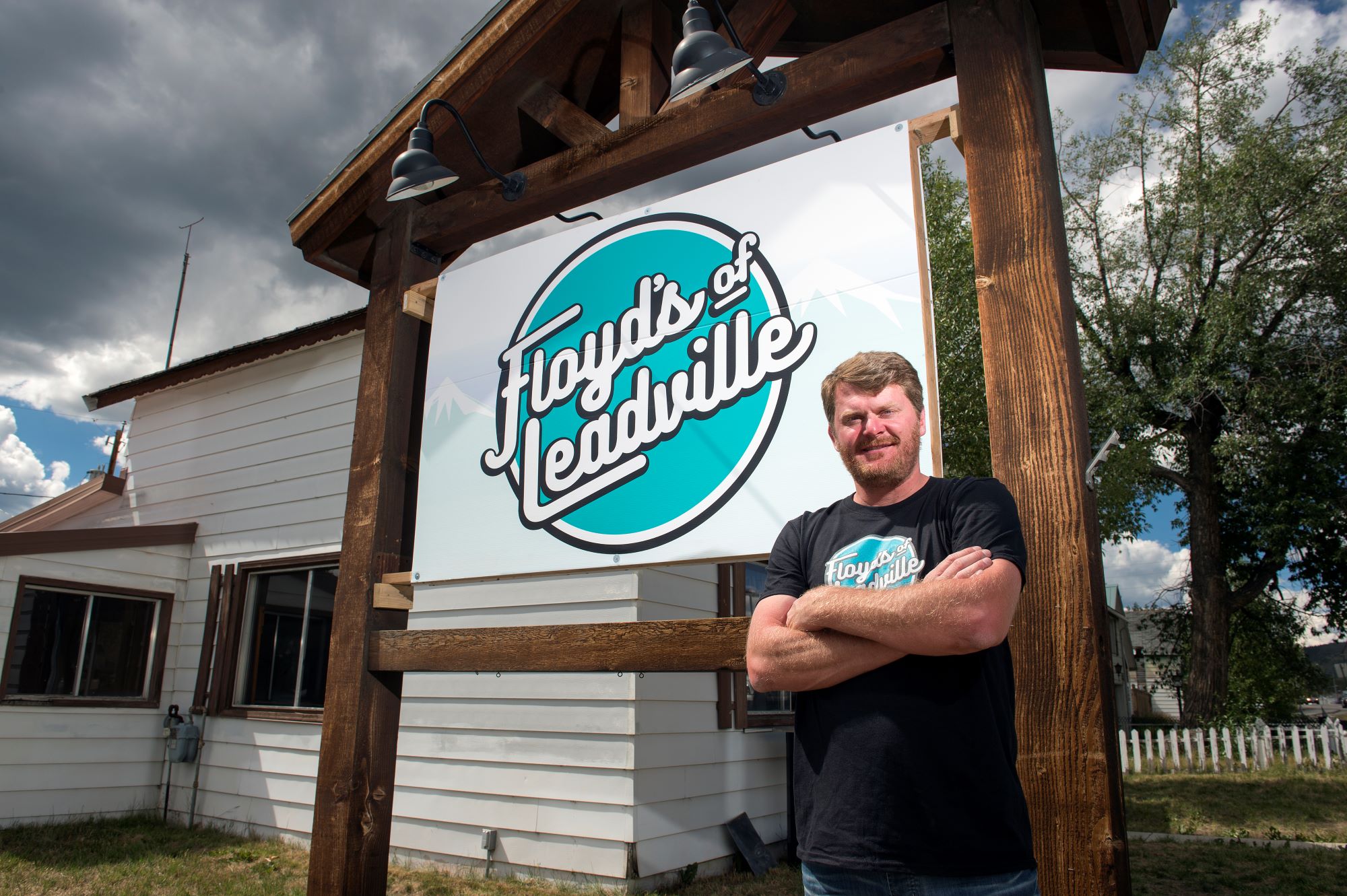
Whether looking to soothe pains from previous injuries, recover better from hard efforts, help ease the pre-race jitters or maximize on-the-bike performance, there are a number of claimed benefits to CBD for endurance athletes….
CBD company Twisted Spoke claims that in addition to its medicinal properties, CBD has some serious performance benefits as well.
A recent study by Twisted Spoke monitored the effects of 300mg CBD on the performance of nine endurance athletes. In a double-blind trial, athletes performed for an hour at 70% VO2, followed by an intense effort to exhaustion, with and without CBD. The athletes that used CBD showed improved VO2, pleasure ratings, reduced blood lactate during the 60-minute efforts, and enhanced VO2 and breathing (RER) in the effort to exhaustion.
The fast-acting CBD isolate in Twisted Spoke's newly released product CBD HydroMix which contains no THC and won't get consumers high is meant to enhance athletes favorite performance drinks.
Recent investigations into increased CBD dosages, ranging from 100 to 300mg and beyond, reveal noteworthy results, particularly in heightened endurance, elevated pain tolerance, and improved VO2 Max. The inclusion of these higher CBD doses proves beneficial in anticipating challenges during demanding and prolonged physical activities, rendering it a valuable supplement alongside practices such as stretching, hydration, nutrition, sun protection, and others.
Floyd Landis is a former World Tour cyclist who initiated his own companies specializing in CBD and marijuana. Landis offers a variety of CBD products designed for athletes and those leading active lifestyles.
“Before discovering CBD I used to reach for Ibuprofen to reduce the pain from a hard effort. Many people don’t realize there is an increased risk of gastrointestinal ulcers and bleeds, heart attack and kidney disease from repeatedly taking NSAIDs [1]. CBD has no known negative consequences on a person’s health,” Landis said.
Conclusion:
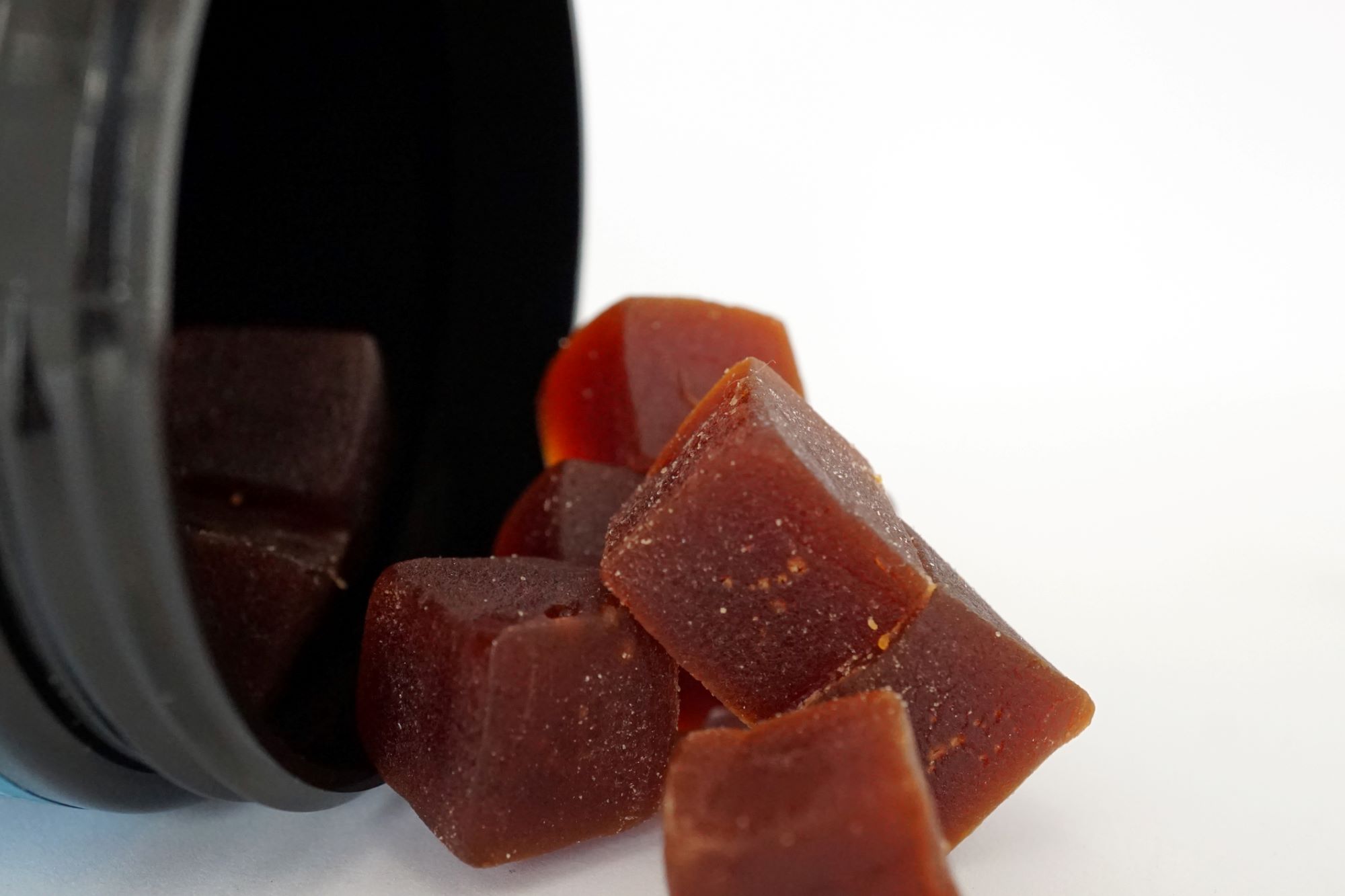
Whether you’re looking to soothe aches or pain or are looking to maximize your on-the-bike performance, it is essential to maintain open communication with healthcare providers when consuming THC-containing CBD products (Full Spectrum CBD). Engaging in dialogue facilitates coordinated care and helps to prevent potential interactions between different forms and types of medication. Users must consult with their doctor if they are on medication. It is best to remember that THC products are prohibited from cycling competitions as well.







